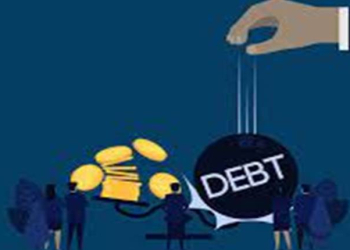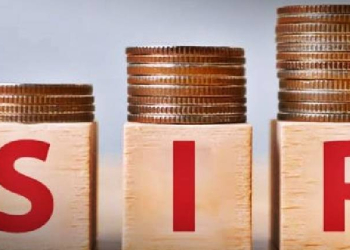New Delhi: Normally there is an inverse relation between interest rates and stock prices. But there are exceptions too.
There have been many periods when both interest rates and stock prices went up. If GDP growth and corporate earnings are good, stock prices can go up despite rate hikes, says V.K. Vijayakumar, Chief Investment Strategist at Geojit Financial Services.
Indian market never dipped into bear territory this year unlike in many other markets like the US. So, this cannot be termed as a bear market rally, he added.
Narendra Solanki, Head Fundamental Research, Investment Services, Anand Rathi Shares & Stock Brokers, said: “If you data historically rising rates are positively correlated with the rising markets more often. The reason why this happens is that rates cycle’s impact is transmitted with delay of few quarters and generally central banks tends to be behind the curve in a rising cycle which sustains the rally till the point the rates rises to a point where it actually impacts growth and consumption.”
Solanki said bear market rallies doesn’t create all-time highs as is being the case right now in markets.
S. Hariharan, Head, Institutional Equity Sales, Emkay Global Financial Services, said that bear-market rallies do not surpass previous highs and in fact, rarely retrace even 50 per cent of the prior fall, hence, the current rally in Indian stocks is not a bear-market rally.
If anything, the breadth thrust seen in the last couple of months can even be a precursor to strong upside in the coming year.
Rachit Chawla, CEO of FInway FSC, said the Indian stock market rallied at a new all-time high despite the high interest rates. Interest rates are mostly increased to curtail the money supply and dampen inflationary pressure. It is true that the interest rate hikes affect liquidity and business growth.
However, it is also noteworthy that rising interest rates do not impact all sectors alike and it is possible to choose stocks that have minimum exposure to the high interest rates.
Chawla said the equities are likely to stay stable and demonstrate an uptrend over the next six months to one year; making India one of the fastest growing economies. The Indian equity market is witnessing an unprecedentedly strong domestic confidence in economy despite the global condition being challenging. Hence, the present trends can be characterized as a bull market rally rather than a bearish one.
Amber Pabreja, Founder and CEO of Trendlyne, said the real test for the sustenance of this market rally in India will be upcoming December quarter earnings. How much has inflation and job losses impacted customer spending, and revenue growth? Right now, there are positive indicators — NPAs for banks are low, inflation is falling, and crude oil prices have declined. If these things change and earnings are disappointing, we may see a further correction in the stock market.
(IANS)




















